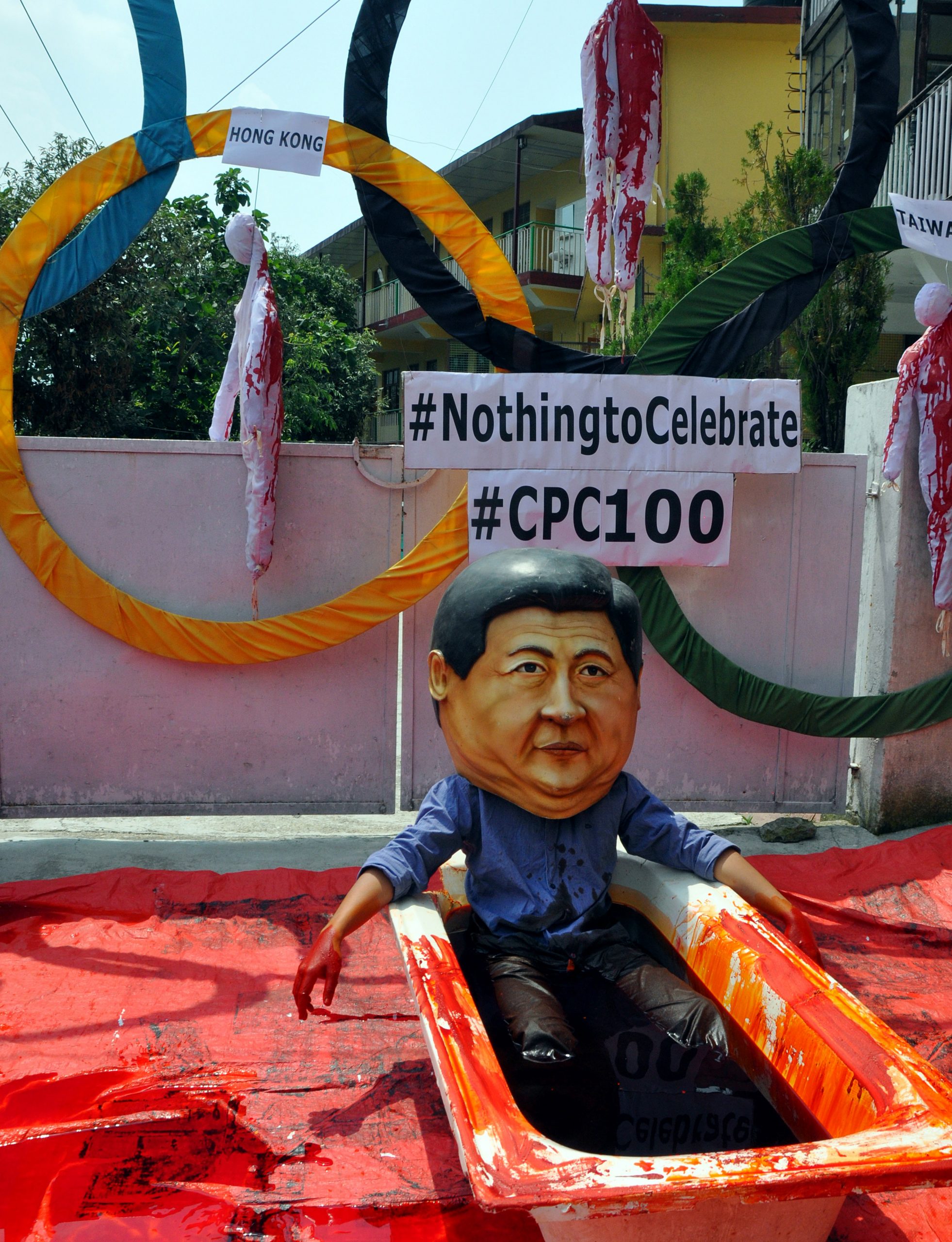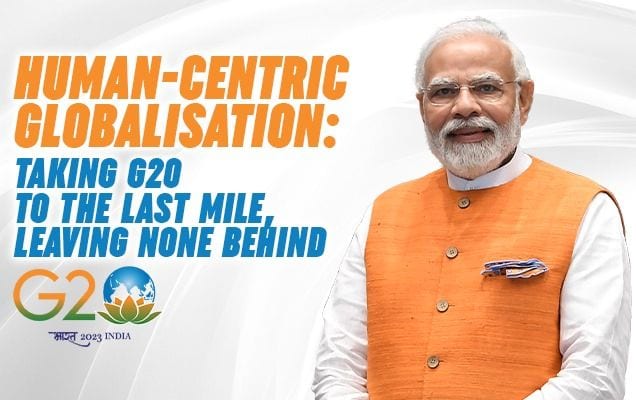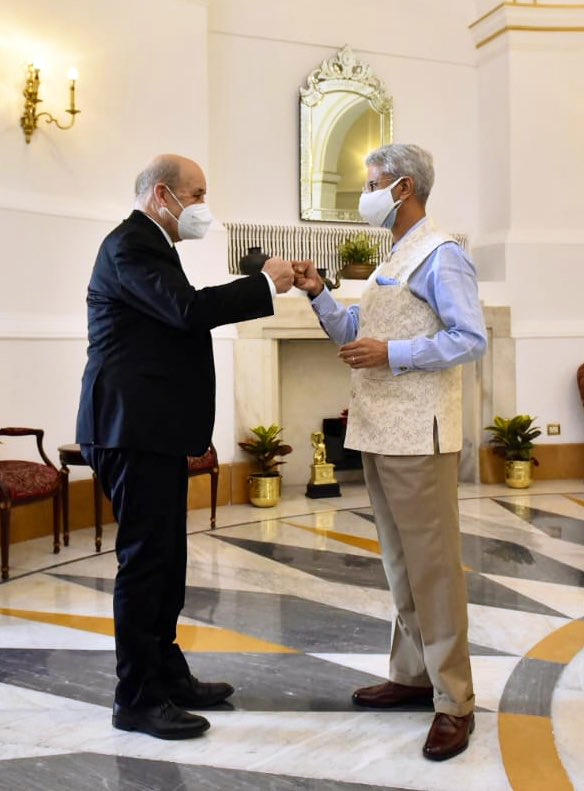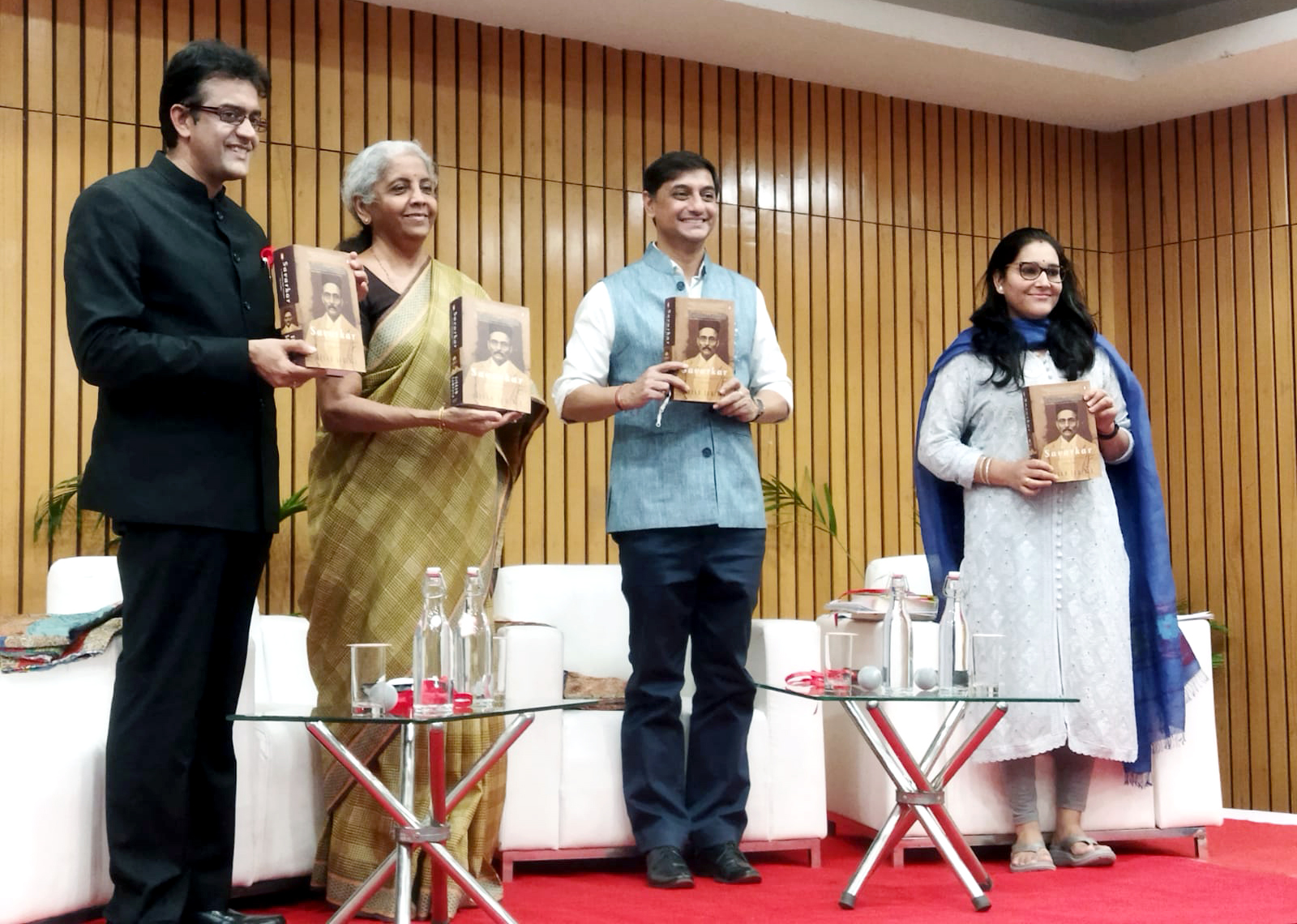As China becomes a leading power and competes for global supremacy against the US, what does it mean for India?
Jagannath P. Panda
On 1 July 2021, the Chinese Communist Party (CCP) celebrated the 100th anniversary of its foundation. The CCP, which was established by 13 young persons united under a communist agenda in the summer of 1921, now comprises nearly 92 million members (12.55 million of which are below the age of 30). In Chinese estimation, it has grown to be one of the world’s largest political parties and has built China into a leading great power, competing for global supremacy against the US.
Addressing a gathering of over seventy thousand in a behemoth spectacle of pomp and grandeur, Chinese President and CCP General Secretary, Xi Jinping, ushered in the highly anticipated commemoration event with words rife with strategic posturing regarding China’s future. Xi delivered the speech at Tiananmen Square, subtly reclaiming power over the historic location whose namesake protests of 1989 marked the biggest civilian unrest CCP has dealt with in modern-day China.
Essentially, Beijing has, over the course of the pandemic and leading up to the CCP centenary celebrations, become more blatant in challenging the status-quo world order, aiming to “build a new type of international relations” and indicating that the onset of a new era will, most likely, be shaped by Chinese actions. In this context, Xi’s recent speech provides vital insight into China’s strategic thinking. What are the future foreign policy ambitions and directives of Xi’s (and the CCP’s) China, and what are the tactics that Beijing will resort to in achieving these ambitions?
In terms of the CCP’s foreign strategy, Xi’s speech reflected a strong posture rife with nationalistic fervour. Xi stressed that the Party has shown over time that China is “capable of not only dismantling the old world, but also building a new one”. This statement has clearly highlighted Xi’s vision of China’s future in the global order as a power intending to knock down and reshape a new world. China’s revisionist antics have marked a clear threat to the United States’ (US) role as the international status-quo power, with Xi making it exceedingly clear that China does not plan to exist in a US-dominated world order. Although Xi stated that China has no “hegemonic traits” while placing peace and harmony as values to be promoted under his aim to promote a “human community with a shared future”, this was accompanied by threats of a “collision” against any interfering external forces.
China’s designs to institute itself as a global leader are not entirely surprising; Beijing’s response to the pandemic, particularly in its early stages and with the vaccine diplomacy, were clear manoeuvres to this effect. In strategic circles, there has long been an ongoing debate on China’s intent that is often difficult to discern, with an emerging consensus that it wants to cement its global hegemony or domination. Xi’s words were an indication of China’s clear rejection of the status-quo international order and intentions to remake it based on socialism with Chinese characteristics.
Notably, this could imply a further breakdown in communication, consultation and compromise between the US and China—something India must be mindful of. New Delhi remains committed to an inclusive, rules-based, free, open and prosperous Indo-Pacific order, wherein engagement with China is not entirely excluded. However, should Beijing resort to a diplomatic arrangement wherein the US and its allies are branded “hegemonic powers” and avenues for multilateral cooperation further disintegrate, India’s vision of an inclusive and therefore stable regional order may suffer.
Such rhetoric is not only meant to project China’s hard and soft power globally but also comes as a warning to the Quadrilateral countries—the US, Japan, India and Australia—to be prepared to face a strong China. Beijing will continue to up the ante in its disputes with India, the South China Sea, over the Senkaku Islands with Japan in the East China Sea, and particularly Taiwan. In particular, India would likely witness a more aggressive China at its northern borders, while on the occasion of crossing the 100-year mark, the CCP will be looking to push the limits and test the resolve of its competitors; here, India would certainly be treated as a critical component in China’s strategic and foreign policy calculus.
Jagannath P. Panda is Research Fellow at Manohar Parrikar Institute for Defence Studies and Analyses, New Delhi
Views expressed are of the author and do not necessarily reflect the views of the Manohar Parrikar IDSA or of the Government of India
This is the abridged version of the article which appeared first in the Comment section of the website (www.idsa.in) of Manohar Parrikar Institute for Defense Studies and Analyses, New Delhi on July 7, 2021


























